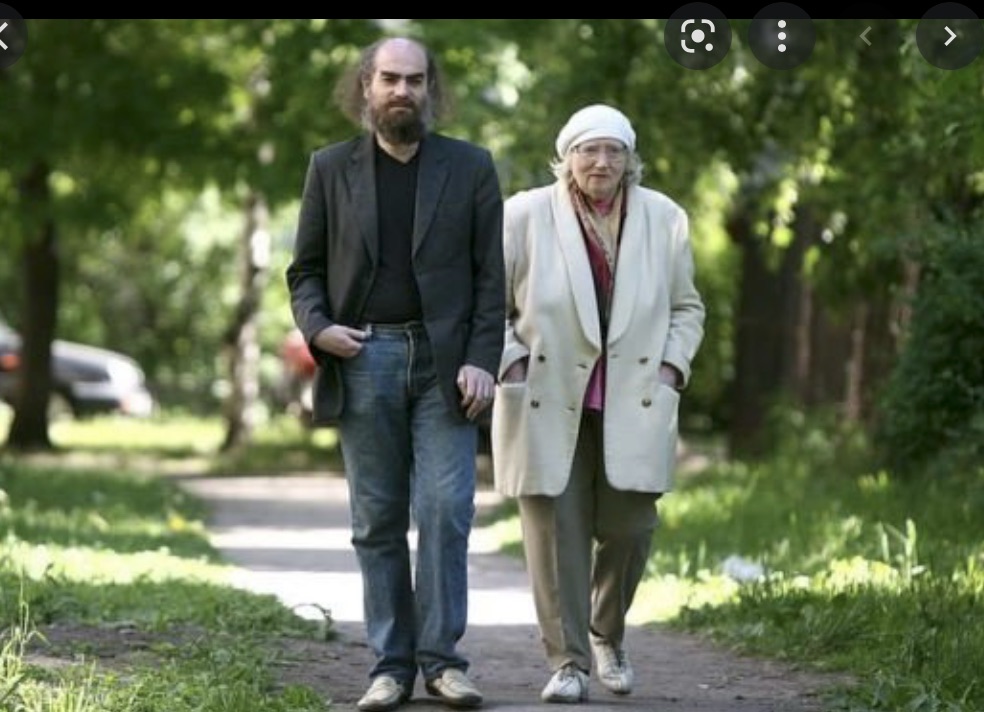
The Problem
A person with an exceptionally high IQ is usually different from the average person in their interests, their sense of humour, and their worldview. When they are young, they are often tagged with the epithet “nerd,” meaning that they are perceived by others as “weird.” Like everyone else, they want to be included in social groups and treated the same as everyone else, yet they often don’t fit in and suffer a sense of isolation. These feelings of isolation can lead to constant depression, and in the worst cases to self destruction.
Alan Turing (featured in the movie The Imitation Game), Ludwig Boltzmann (developer of statistical mechanics in quantum physics), and Yutaka Taniyama (known for the Taniyama-Shimura conjecture) committed suicide at ages 41, 62, and 31 respectively. Mathematicians like Kurt Gödel (known for his incompleteness theorems) and Georg Cantor (developer of set theory and transfinite numbers) both grappled with episodes of insanity that ultimately led to their death. The unhappiness experienced by many highly intelligent individuals was captured by Einstein in his tribute to Max Planck:
One of the strongest motives that leads men to art and science is escape from everyday life with its painful crudity and hopeless dreariness. Such men make this cosmos and its construction the pivot of their emotional life, in order to find the peace and security which they cannot find in the narrow whirlpool of personal experience.
Potential Solutions
Many very bright people seek refuge by finding their own colony of “nerds”. That’s what draws many of our most intelligent people into academe, as caricatured in Chuck Loree’s sitcom Big Bang Theory. You can observe a real-life example of the challenges of isolation in the recent movie, Oppenheimer. We all need to belong to a social group in which we have acceptance and collegiality, and this means that we must seek friends of similar interests and abilities. The world is made for people of average intelligence, average height, and average shoe size. Those who are significantly below or above average must reach out to others of their ilk to find commonality.
Sometimes expectations of parents or teachers can put undo pressure on a young person to fulfill those expectations. This is particularly evident in some Asian cultures in which the parents make great personal sacrifices to send their children to elite schools and in turn expect exceptional academic achievement from their offspring. One teacher told me that one such student said, “My father says that if I don’t get an A in your course, he will kill me.” The teacher responded, “How should that concern me?” The student responded, “My father said he kill you too.”
There is no simple solution to this problem. Parents of a gifted child sometimes destroy that child’s life by attempting to achieve reflected glory through their offspring’s performance. In such cases, counselling of the parent by a professional is required.
If you have an extremely high IQ, remember that almost all of those who have been the top contributors to the sciences and the arts, as well as many of the top entrepreneurs have been gifted with a high IQ and had to deal with social issues and isolation. For people like Elon Musk and Steve Jobs, successful outcomes are far more important than social harmony. Reflecting this mindset, Musk once stated, “People should pursue what they’re passionate about. That will make them happier than pretty much anything else.”
Brilliant people are accustomed to having visions that extend beyond consensus and often become dismissive of opinions they regard as inferior. Having become accustomed to being misunderstood and being regarded as an outlier, the visionary often learns to dismiss the naysayers and march to their own tune.
If, in spite of your greatest efforts to quiet your anxiety, you continue to feel pressure and depression, consider developing a plan B, so that you don’t invest all your hope in achieving plan A. I have seen many Ph.D. students who were struggling with their dissertation, and haunted by the fear that they may not succeed in its successful completion. It helps to have an alternative plan for what you might do if you fail. That will reduce the pressure you impose on yourself and free you to regain full mental peace, enabling you to rebuild and regroup your personal resources. The biographies of high achievers are replete with anecdotes reminding us that failure is merely a part of life’s journey and that hitting the bottom is, indeed, the springboard to the top.
